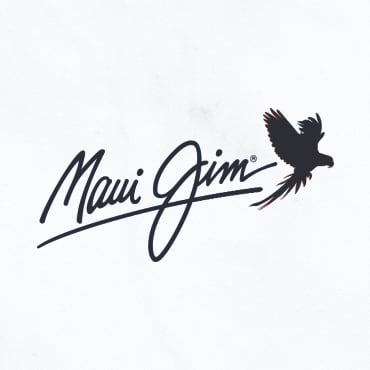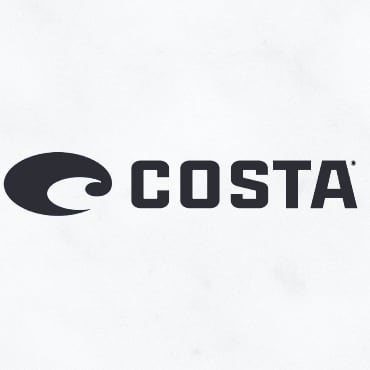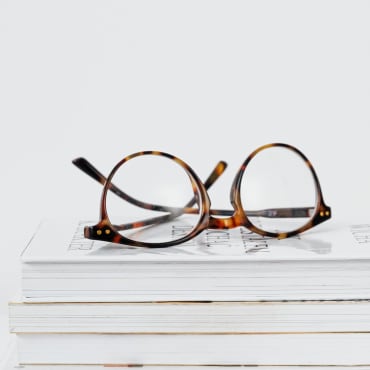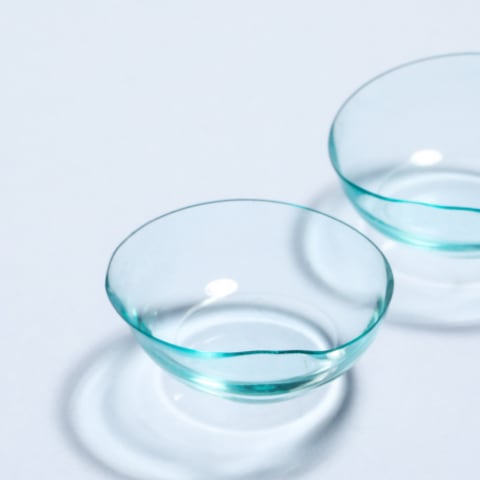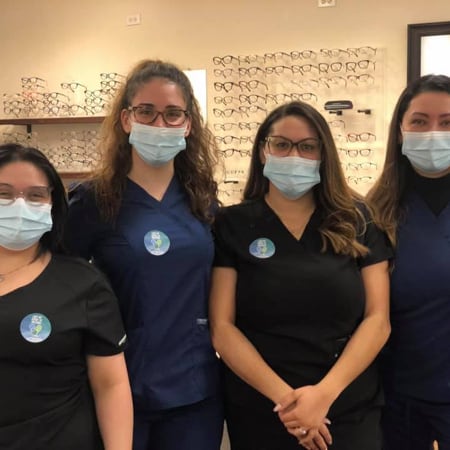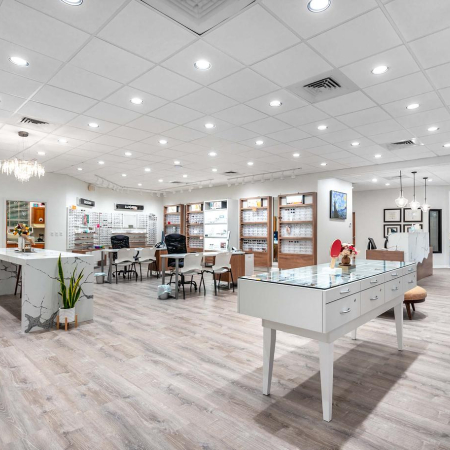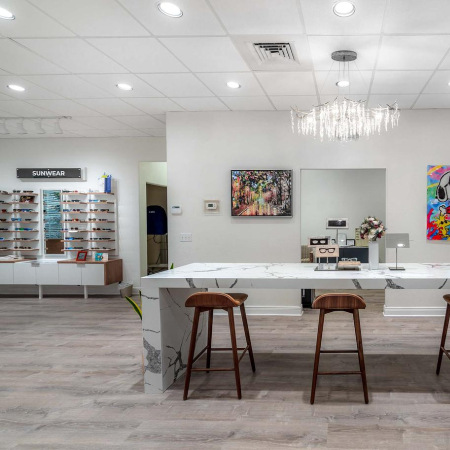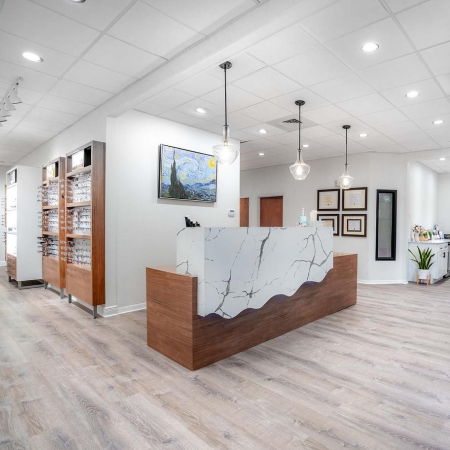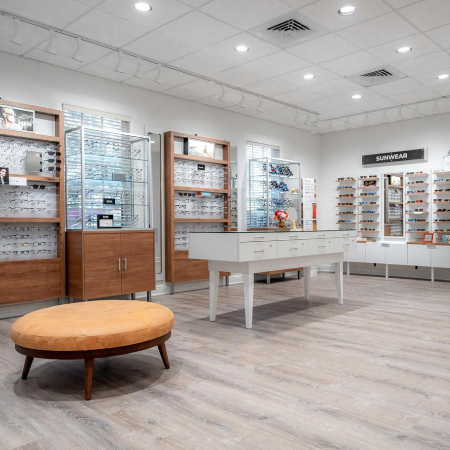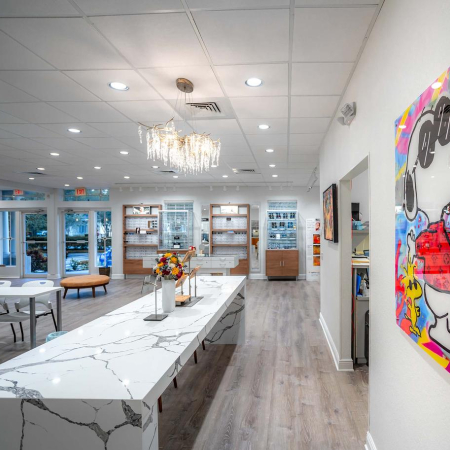What Is Myopia?
When the objects near to you, like your computer screen or the words in a book, are clear and crisp, but objects in the distance are fuzzy, we say that you are nearsighted. Linguistically, it makes sense. You see well at near distances, so you’re nearsighted. People who see well at far distances are farsighted.
There is a technical name for nearsightedness, and that’s myopia. Adults with myopia can have their vision corrected with glasses, contact lenses, or even laser eye surgery. Unfortunately, outside of these correction methods, there is no cure for the condition.
Myopia is usually diagnosed in children and develops during the school years. If we identify it early—through a comprehensive eye examination—we have options available to help correct your child’s vision. Our goal is to make sure myopia does not impact their lives negatively.
Why Does Myopia Occur?
Myopia is a refractive error. Refractive errors are vision problems that occur when light does not bend (refract) properly on the retina. Why might light be refracted improperly? It has to do with the shape of the eye.
People with myopia have elongated eyeballs or corneas that are too curved. This is thought to be hereditary. That is to say if your parents wear glasses, you might as well.
There are a lot of myths about myopia, but trust us, you won’t develop it just because you didn’t eat your carrots at dinner. By visiting the team at Oviedo, we can dispel a few other eye care myths too—namely, that optometry can’t be fun. Spoiler alert: it is!
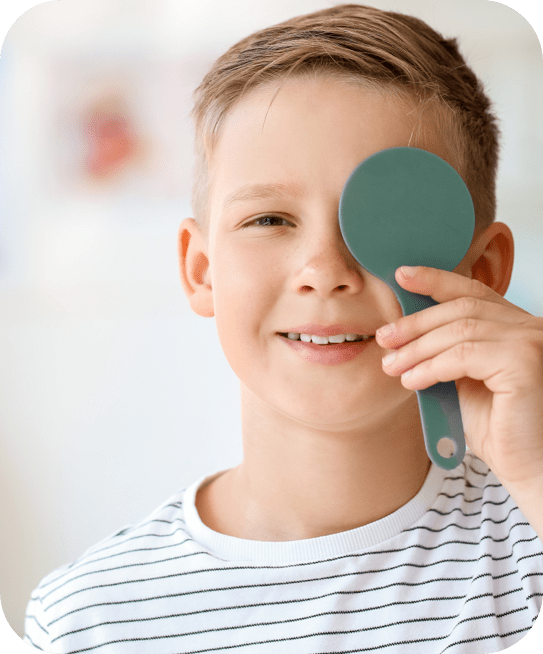

Poor Eyesight Can Lead to Health Problems
More than 40% of Americans have myopia. When compared to only 25% of Americans in the 1970s, it’s clear that this is a condition on the rise.
Why does it matter? Myopia is easily corrected with glasses and contacts, right? Yes, it is true that corrective lenses or laser eye surgery can provide clear vision for people with myopia. But, there’s more to it.
Myopia is a progressive condition. That means it continually gets worse as time goes on. When allowed to progress, it can eventually result in high myopia. Waking up and having to press your face against the alarm clock to see it is bad enough, but high myopia increases your risk of other health conditions.
Retinal detachment, early onset cataracts, and glaucoma are all serious eye issues that people with high myopia may face. Stopping myopia from progressing is particularly important when it comes to kids. Fortunately, we offer a variety of myopia control methods.
Our Methods
If myopia is diagnosed in children, we can correct it before it progresses and leads to high myopia. Our methods are well-tolerated by children, and most importantly, they are effective. Come for an appointment and let us explain the options to you. Like all of the treatments we offer, you’re in the driver’s seat.
Orthokeratology
Orthokeratology (ortho-k) is an effective overnight treatment. Children wear rigid gas-permeable contact lenses that gently reshape their corneas as they sleep. This corrects the irregularities in their eye shape which causes myopia in the first place.
When they wake up, they can remove the lenses and their corneas can retain the new shape. During the day, your child can remain free of glasses and contact lenses, as long as they wear the ortho-k devices consistently as they sleep.
Multifocal Contact Lenses
Contact lenses with multiple prescriptions, known as multifocals, help to reduce axial elongation—a fancy phrase for how long the eyeball grows from front to back.
Multifocal contact lenses not only correct vision and reduce myopia progression, but they serve a third purpose too. They can provide a boost of confidence to kids who don’t like wearing their glasses.
Reduce Nearsightedness Naturally
Even though myopia may be hereditary, there are natural methods that could delay the onset of myopia. Outdoor play, in addition to whole-body physical benefits, can help your child’s eyesight stay clear and effective.
Be sure to bring them for regular eye exams, to help their eyes stay healthy as they grow and develop.
Our Location
We are located just off of West Broadway, near the Oviedo Medical Center.
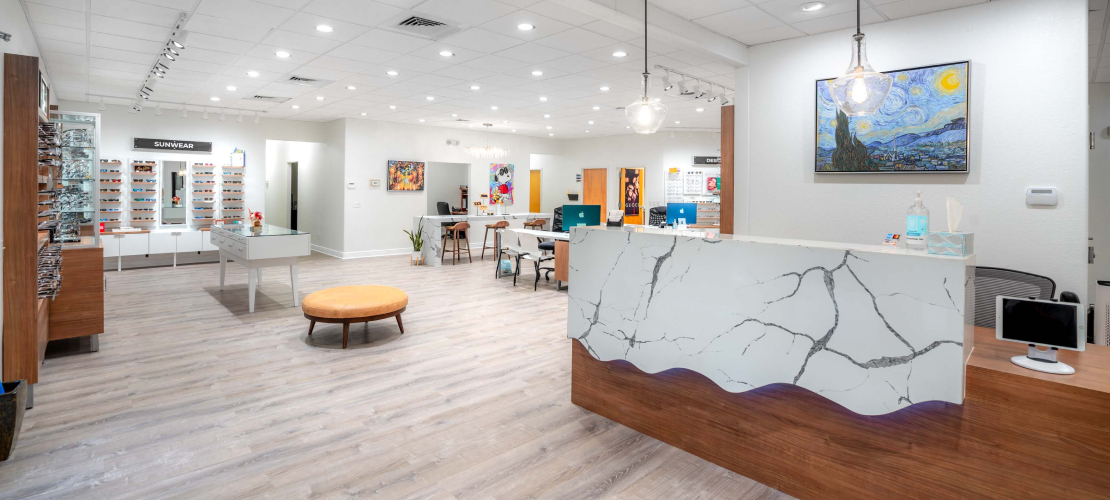
Oviedo Vision Center
- 875 Clark St.
- Oviedo, FL 32765
- Phone: 407-366-7655
- Fax: 407-366-4129
- Email: [email protected]
Our Hours
- Monday: 9:00 AM – 5:00 PM
- Tuesday: 9:00 AM – 5:00 PM
- Wednesday: 9:00 AM – 5:00 PM
- Thursday: 9:00 AM – 5:00 PM
- Friday: 8:00 AM – 3:00 PM
- Saturday: Closed
- Sunday: Closed
Our Brands

